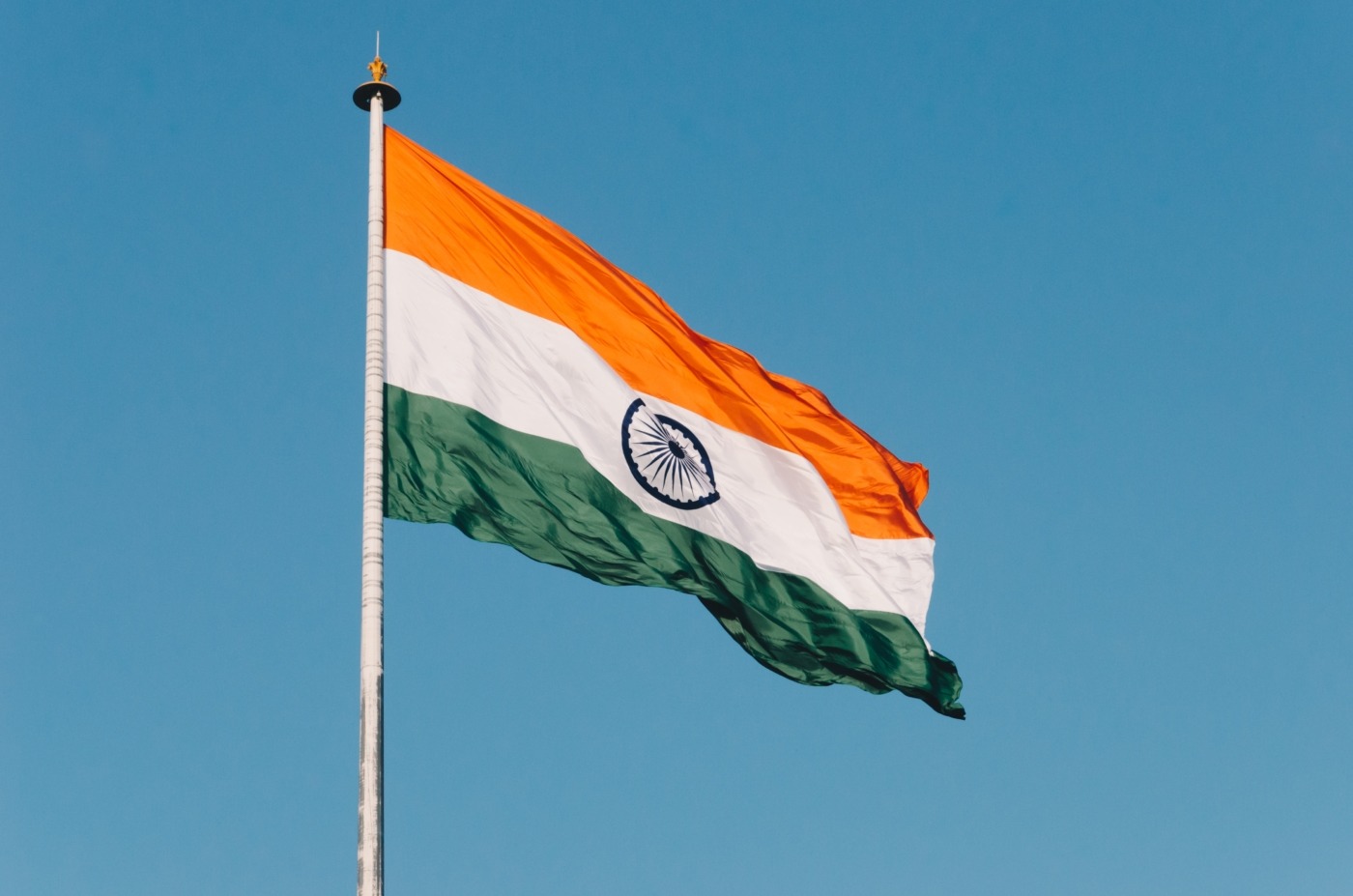When will Bollywood find its voice against the BJP?
Bollywood is one of the biggest film industries in the world, churning out hundreds of films each year that influence, shape and frame the views and opinions of Indians across the globe. It has great power yet has, for far too long, acquiesced to the ruling Bharatiya Janata Party and its leader, Narendra Modi. Despite the existence of India’s most authoritarian-like government since independence, the Bollywood industry has remained relatively quiet. The silence is often demonstrative of the support and, at times submission, of many high-profile Bollywood figures to the BJP premiership.
In recent weeks the voices of those in Bollywood who oppose Modi’s policies have grown louder. Student protests have ignited across India, in opposition to the Citizenship Amendment Act – an unconstitutional and discriminatory act that defines citizenship on religious lines – and police brutality against protestors. The BJP’s attempts to redefine Indian citizenship is based on a much more sinister ambition of the Hindutva (Hindu nationalist) movement: a ‘systematic campaign of othering Indian Muslims’.
Deepika Padukone recently made headlines for attending a student protest. Sonam Kapoor, Alia Bhatt as well as many others have both voiced their support for the students. It is clear that the Bollywood industry does not have one homogenous voice, but many voices. Those who oppose Modi and the BJP, however, need to be louder.
Bollywood industry does not have one homogenous voice, but many voices. Those who oppose Modi and the BJP, however, need to be louder.
The sycophancy of Bollywood A-listers to the Indian Prime Minister was demonstrated in Modi’s hour-long interview with Akshay Kumar, a prominent Bollywood actor. In an act of skilled political manoeuvring during the highly enlightening interview, Kumar asked the much-anticipated question: “Do you eat mangos?” It is almost laughable, but mostly frightening, that there is an endemic lack of scrutiny and accountability of India’s highest political office.
Kumar’s obsequiousness exuded through television screens and was symbolic of a much larger issue within the Bollywood industry. Last year, a picture of Modi surrounded by Bollywood A-Listers (Ranveer Singh, Karan Johar, Ranbir Kapoor, to name a few) emerged on social media – seemingly another example of BJP support. Veteran actors, like Anupam Kher and Sunny Deol, have connections with the BJP.
All industries and workplaces are politicised. Each environment has within it a set of beliefs, assumptions and goals which are undoubtedly political. What is shocking, however, is the openness of many Bollywood actors in supporting a Prime Minister who stokes religious hatred.
Some may argue, that Bollywood’s position on the political direction of the country is irrelevant. Recently, Ricky Gervais complained that Hollywood stars should, in fact, stop lecturing the audience on their political views at the Golden Globes. I find such a position to be untenable. Films play an integral role in shaping the contours of society – what we deem as acceptable as well as how we view specific communities. The silence of Bollywood stars and the reinforcement of BJP narratives in Bollywood films has normalised the authoritarian actions of the Prime Minister. Thus, it is important that cultural figures and the Indian film industry voice their opinions, in order to undermine the dominant discourse that is currently emanating from Bollywood – that of submission to the BJP.
Bollywood needs to find its voice and prevent itself from being a tool of the BJP
This issue is two-fold. Many Bollywood films perpetuate negative and violent myths of Muslims that reinforce the beliefs of Hindu nationalists. Films such as Padmaavat, Kesari and Uri: The Surgical Strike have all depicted Muslims as being evil, demonic and ‘fanatic jihadis’ who need to be defeated by the seemingly more moral and innocent Hindu protagonist. So, it is not simply an issue that many within the Bollywood industry support the BJP but that blockbuster films continuously reinforce the religiously discriminative views that Hindu nationalists hold.
It is not enough, therefore, for Bollywood’s cultural avatars to oppose the Modi leadership. They need to understand how Modi was successfully re-elected in the world’s biggest democracy. Within this, the Bollywood film industry plays an integral role in consuming and regurgitating Hindutva narratives on Indian history and society. This exposes the lack of diversity within the industry which should produce films that are more representative of the plurality and religious diversity in Indian society.
The Bollywood film industry has great power and responsibility. As one of the biggest film engines in the world, it has insurmountable influence on the views and beliefs of Indians. For far too long, however, it has produced movies which have perpetuated Hindu nationalism and Islamophobia – possibly leading to an instance of life imitating art. Many of its high-profile figures have carelessly offered their support to a party and Prime Minister with an anti-Muslim agenda. The responsibility lies on those figures who express opposition to Modi to speak louder. Plurality is an important feature of industries that shape culture and thus, society. Bollywood needs to find its voice and prevent itself from being a tool of the BJP.

Comments